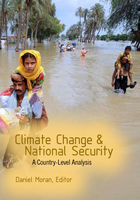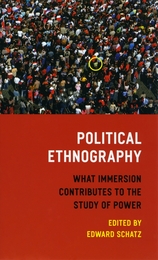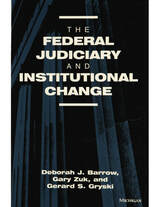
In this unique and innovative contribution to environmental security, an international team of scholars explore and estimate the intermediate-term security risks that climate change may pose for the United States, its allies and partners, and for regional and global order through the year 2030. In profiles of forty-two key countries and regions, each contributor considers the problems that climate change will pose for existing institutions and practices. By focusing on the conduct of individual states or groups of nations, the results add new precision to our understanding of the way environmental stress may be translated into political, social, economic, and military challenges in the future.
Countries and regions covered in the book include China, Vietnam, The Philippines, Indonesia, India, Pakistan, Bangladesh, Central Asia, the European Union, the Persian Gulf, Egypt, Turkey, the Maghreb, West Africa, Southern Africa, the Northern Andes, and Brazil.


Scholars of politics have sought in recent years to make the discipline more hospitable to qualitative methods of research. Lauding the results of this effort and highlighting its potential for the future, Political Ethnography makes a compelling case for one such method in particular. Ethnography, the contributors amply demonstrate in a wide range of original essays, is uniquely suited for illuminating the study of politics.
Situating these pieces within the context of developments in political science, Edward Schatz provides an overarching introduction and substantive prefaces to each of the volume’s four sections. The first of these parts addresses the central ontological and epistemological issues raised by ethnographic work, while the second grapples with the reality that all research is conducted from a first-person perspective. The third section goes on to explore how ethnographic research can provide fresh perspectives on such perennial topics as opinion, causality, and power. Concluding that political ethnography can and should play a central role in the field as a whole, the final chapters illuminate the many ways in which ethnographic approaches can enhance, improve, and, in some areas, transform the study of politics.
READERS
Browse our collection.
PUBLISHERS
See BiblioVault's publisher services.
STUDENT SERVICES
Files for college accessibility offices.
UChicago Accessibility Resources
home | accessibility | search | about | contact us
BiblioVault ® 2001 - 2025
The University of Chicago Press









